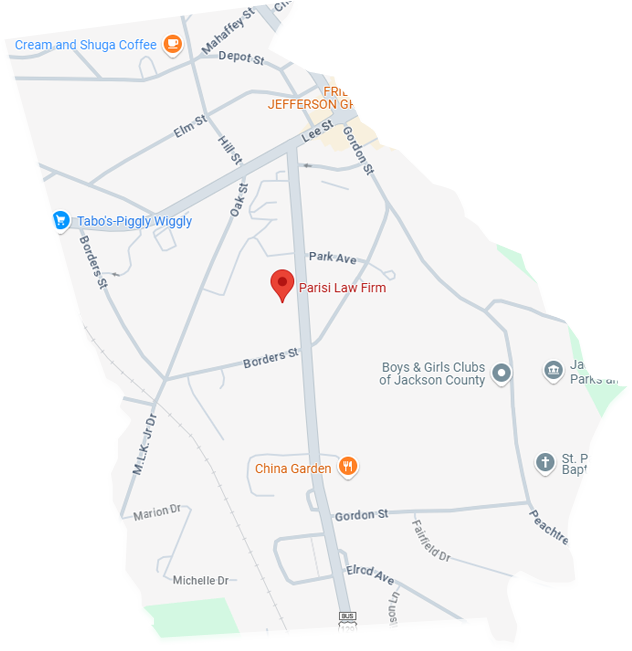Under Georgia law, wrongful death compensation is measured as the full value of the decedent’s life. It’s impossible to put a value on someone’s life. Human life is priceless.
However, when measuring the full value of a decedent’s life, Georgia courts will consider economic loss and non-economic losses.
Economic Losses
Economic losses include:
- Income the lost loved one would have earned over their lifetime
- The value of services the victim would have provided to their family, such as home maintenance, childcare or even cooking
- Medical expenses
- Funeral costs
Non-Economic Losses
Economic losses are calculable, although it can still be tricky to place a value on someone’s services. However, it can be especially challenging to measure non-economic losses. These are intangible losses, but they are valuable all the same.
Non-economic losses can include:
- Loss of companionship and consortium
- Mental and emotional anguish
There’s no formula for calculating these losses, so it’s often left to the jury to determine the value of these damages.
Distributing the Settlement
Georgia law requires wrongful death compensation to be distributed equally among the victim’s spouse and surviving children. Therefore, the surviving spouse will always keep 1/3 or more of the compensation regardless of the number of children.
Who Is Responsible For A Wrongful Death?
In wrongful death cases, the liable party or other insurance company will be responsible for paying compensation to the victim’s family.
The liable party’s negligent actions led to the victim’s death. As a result, that party is liable for compensation. That compensation cannot make up for the loss of the victim’s life, but it will ease the family’s financial burden of losing their loved one.
In some cases, multiple parties may be considered liable in a wrongful death case.
Wrongful death suits are commonly brought against:
- Hospitals and physicians for medical malpractice or improper care
- Motorists for driving under the influence or irresponsibly
- Companies that produce defective or dangerous products
- Employers (in some cases) for failing to provide safe working conditions
- Landlords with unsafe buildings
Proving negligence will be critical in holding a party responsible for losses. You must be able to prove that:
- The party owed the victim a duty of care at the time of the incident that led to their death.
- The party breached or violated that duty of care, and a reasonable person would have acted appropriately in that given situation.
- The party’s breach of duty directly resulted in the victim’s death.
- The party’s actions were the cause of the death and not something else.
Wrongful death lawsuits are incredibly complex and require the expertise of a wrongful death lawyer. We can help you navigate the systems and processes involved in filing this type of claim. Let us take on the burden of filing the paperwork and building your case so that you can focus on spending time with your family and healing from your loss.






